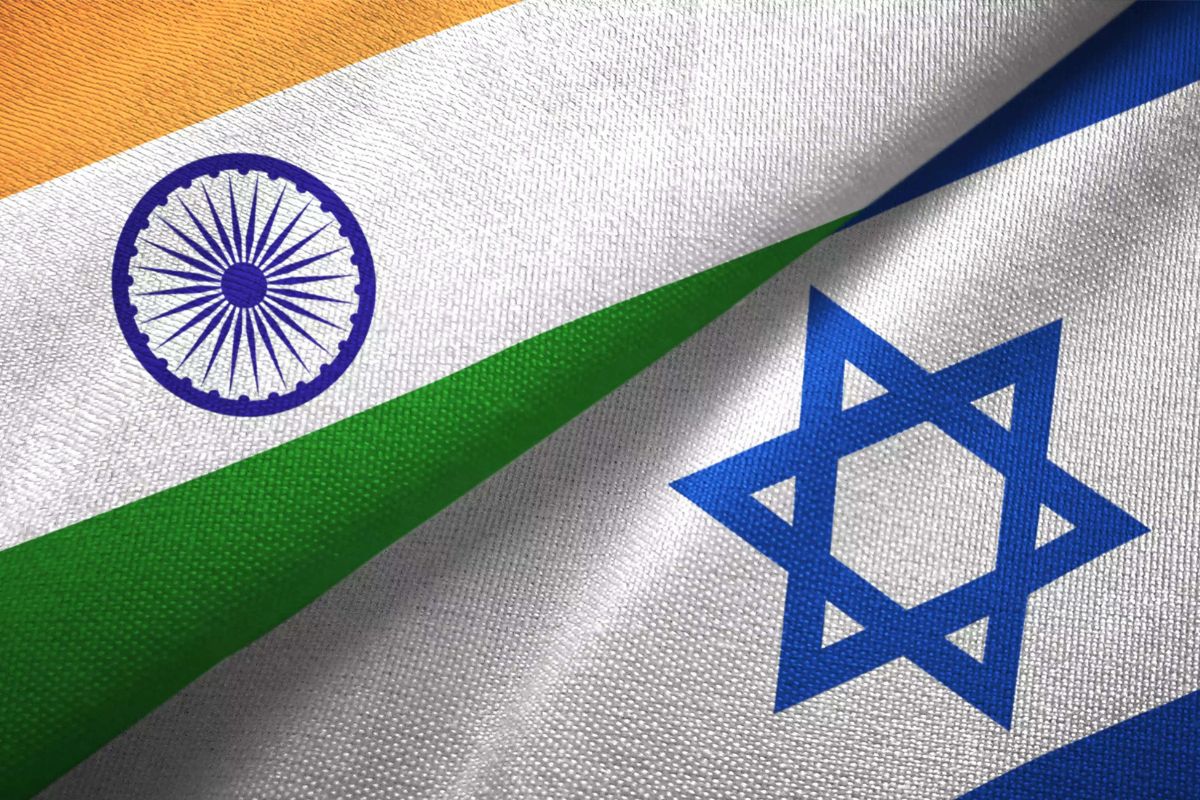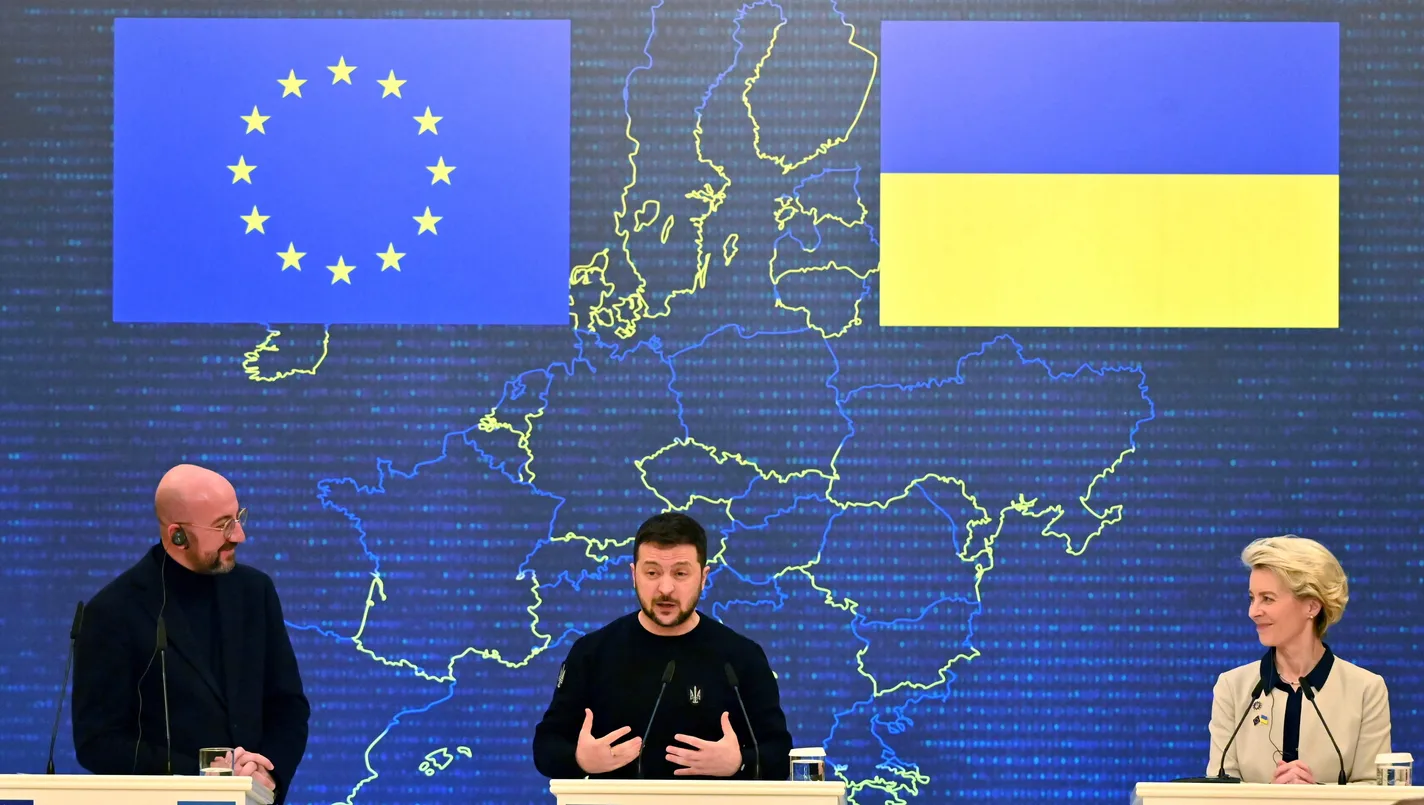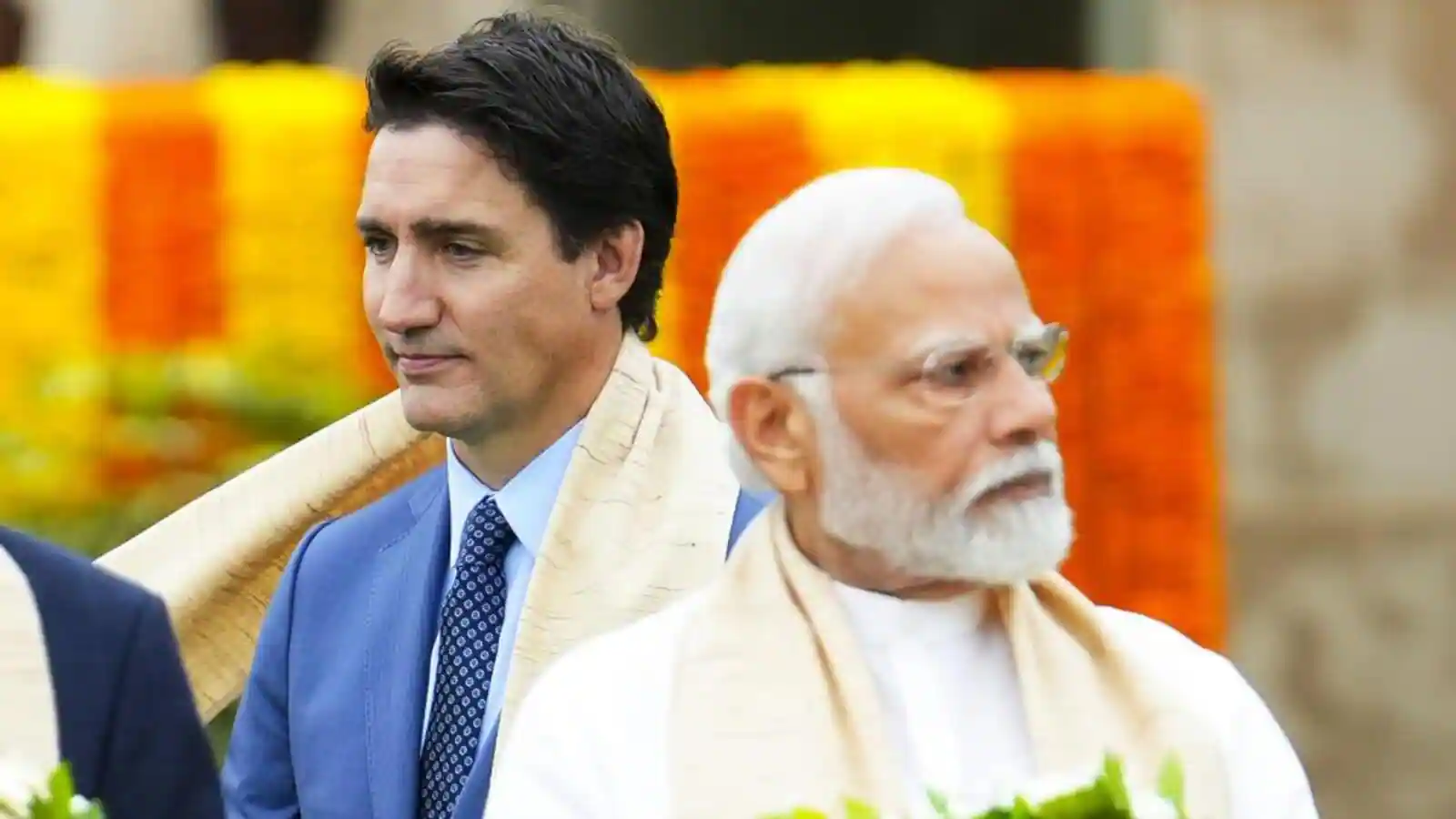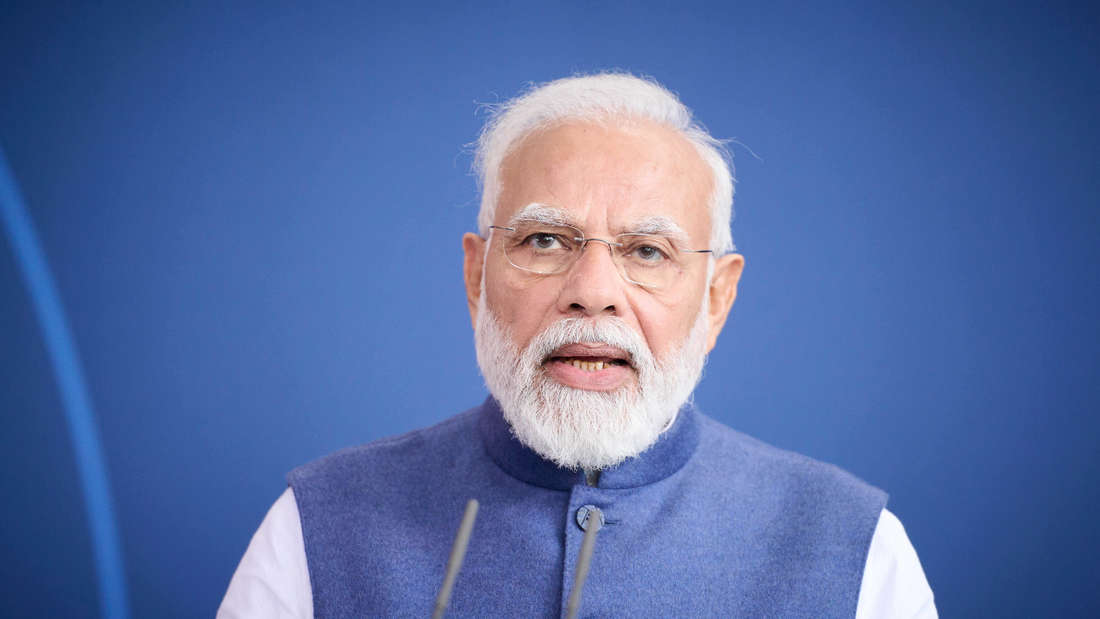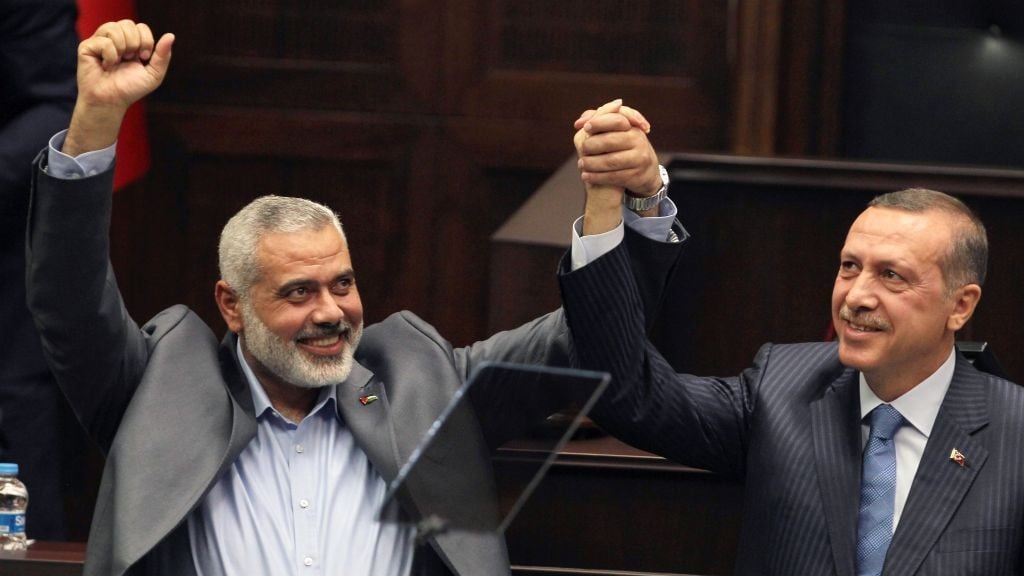The recent show of support for Israel in its confrontation with Hamas by Prime Minister Narendra Modi has caused intense debate and marked a change from India’s long-standing foreign policy in favour of the Palestinian cause. This action runs counter to the idea of Palestinian solidarity put forward by Mahatma Gandhi and Jawaharlal Nehru during India’s battle for independence and supported by succeeding prime ministers. This article delves into the statements of India’s founding fathers and the changes in policy that have taken place throughout time to examine the historical development of India’s position on the Israel-Palestine issue.
Gandhi’s Ideals
An insight into Mahatma Gandhi’s viewpoint on Zionism and the occupation of Palestine may be found in his 1931 conversation with the Jewish Chronicle. Gandhi expressed support for the desire of Jews to return to Palestine, but he emphasised the necessity to do so without using force or the aid of bayonets, whether British or self-imposed. His statements demonstrated his sympathy for the goals of Jews while emphasising the value of peaceful coexistence with the Arab populace.
Gandhi’s opinions were further developed in 1938 when he asserted that Palestine belonged to the Arabs, just like England or France belonged to their respective populations. He warned that this strategy may result in a crime against humanity akin to the German deportation of Jews and that it was immoral and unethical to force Jewish communities on the Arab people.
Nehru’s support for Palestine
Jawaharlal Nehru opposed the establishment of a Jewish state in Palestine in 1936, during the Palestinian uprising against British imperialism. He envisioned the possibility of an expanding Jewish state taking control of the entire region and regarded the battle as a nationalist struggle for freedom from imperialist rule. Nehru emphasised that the issue facing the Palestinian people was one of sovereignty and self-determination rather than one of race or religion.
Nehru also emphasised the Arabs’ solidarity in their fight against British imperialism, stressing that their priorities were nationalism and self-rule, which cut across religious ties. He voiced dissatisfaction with Jews for siding with British imperialism as opposed to supporting the Arab independence movement.
The Development of Indian Policy
Throughout the liberation fight and beyond, India’s stance towards the Israel-Palestine issue was greatly influenced by Gandhi and Nehru’s vision. India recognised Israel in 1950, following Turkey and Iran, despite having earlier voted against the partition of Palestine and Israel’s membership in the UN. Later leaders like Rajiv and Indira Gandhi were committed to supporting the Palestinian cause. In order to forge a solid diplomatic connection, Indira Gandhi elevated the Palestine Liberation Organisation (PLO) to the position of Palestine’s sole authorised representative.
While serving as the Janata government’s foreign minister, Atal Bihari Vajpayee sustained India’s support for the Palestinian people. Many prime ministers before Manmohan Singh maintained India’s support for the Palestinian cause.
Modi’s Shift
Concerns have been aroused, meanwhile, by Prime Minister Narendra Modi’s categorical proclamation of support for Israel in its fight with Hamas. His omission of mention of aid to the Palestinians runs against India’s established foreign policy. Controversy has resulted from this divergence from a long-standing national consensus founded on the ideals of Gandhi and Nehru.
The relationship has gained more awareness during the Modi administration, which culminated in Modi’s historic trip to Israel in 2017. The choice to forego the visit’s regular stop in Palestine was a significant departure from earlier diplomatic strategies.
India and Israel have developed closer connections in recent years, notably in the fields of security, defence, and connectivity. India has simultaneously improved ties with a number of countries in West Asia, including Saudi Arabia, Egypt, Qatar, and Iran, indicating a larger geopolitical stance.
Since the current tensions in the Israel-Palestine conflict have an influence on the Abrahamic Accords and efforts to normalise relations between Saudi Arabia and Israel, the changing regional dynamics provide a diplomatic dilemma for India. Long-standing fault lines in the Middle East may be reshaped as a result of these events, which India was eager to take advantage of for its own gain.
Since the time of Mahatma Gandhi and Jawaharlal Nehru, India’s position on the Israel-Palestine issue has experienced a tremendous metamorphosis. The nation’s support for the Palestinian cause has long been a defining aspect of its foreign policy, but recent events have upended this tradition. India has new chances and problems as the Middle East’s diplomatic environment changes, and its future posture in the Israel-Palestine issue is still up for dispute.
